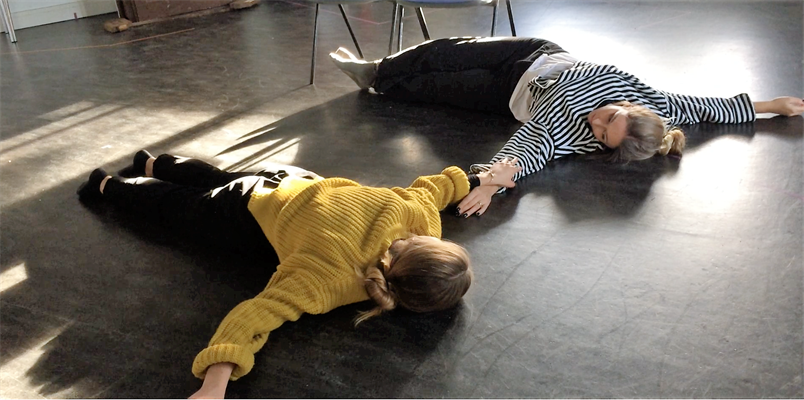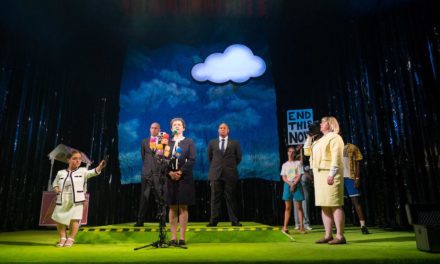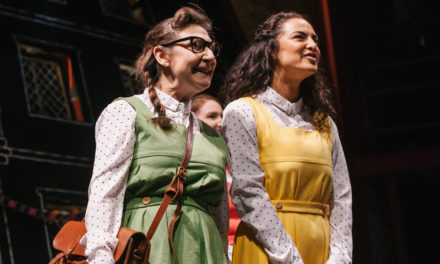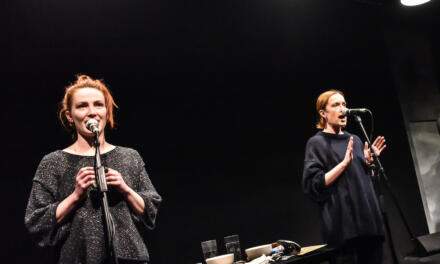As we’re coming towards the New Year, I’ve been reflecting on 2017.
I’ve recently been a resident director at Salisbury Playhouse as part of the Regional Theatre Young Director’s Scheme three month placement. The scheme offers emerging directors from under-represented backgrounds a paid opportunity to work full time in a regional theatre. During my placement I had a range of brilliant experiences; directing, assistant directing, facilitating workshops and youth theatre, working with the amazing Take Part department, script reading, R&D, and much more. I’m also lucky enough to have the Playhouse’s brilliant associate director Jo Newman as a mentor. Schemes like this give people who are underrepresented in theatre, including artists who are disabled, the opportunity to grow and take the next steps in their career when they might not otherwise have the opportunity to do so.
Throughout the year I’ve been developing a piece of theatre called Hummingbirds with support from Arts Council, Salisbury Playhouse, Nuffield Southampton Theatres, and the Bunker Theatre. Hummingbirds explores a friendship between two young women and the effect PTSD has on their relationship using a combination of text and devised physical theatre. I’m aiming for 100% of performances to have audio description, captioning and wheelchair access, as well as access for other kinds of mobility, mental health, and invisible illness access.
For me it feels important that anybody who wants to see a piece of theatre is able to, and for them to have an equal experience to everybody else. As a director, I think this is part of my role. In trying to explore affordable ways of doing this I regularly get it wrong. I try something and it doesn’t work. The more I learn, I realize how much more I have to learn. But that’s all part of the process. We need to be able to try and fail and pick ourselves up and try some more.
In the New Year, I’ll start rehearsals for May, a one-woman show written and performed by Phoebe Kemp that I’m directing and sound designing. It tells the incredible story of a suffragette called Rosa May Billinghurst who was a major part of the suffragette movement. She also used a “tricycle,” or as we’d call it today; a wheelchair. We rarely see disabled people in period dramas or historical pieces, particularly as heroine’s, so to put Rosa May’s story on stage feels exciting and important.
As an industry, we have a way to go with access for artists, staff, and audiences who are disabled, but I’m feeling positive! Theatre has the opportunity to tell untold stories. There are so many stories waiting to be told and I think it’s a massively exciting privilege to be able to tell them. Individuals and organizations are creating change. We’re moving forward; we just need to keep going.
This article was originally published on UK Theatre. Reposted with permission. Read the original article.
This post was written by the author in their personal capacity.The opinions expressed in this article are the author’s own and do not reflect the view of The Theatre Times, their staff or collaborators.
This post was written by Hannah Treadaway.
The views expressed here belong to the author and do not necessarily reflect our views and opinions.


















